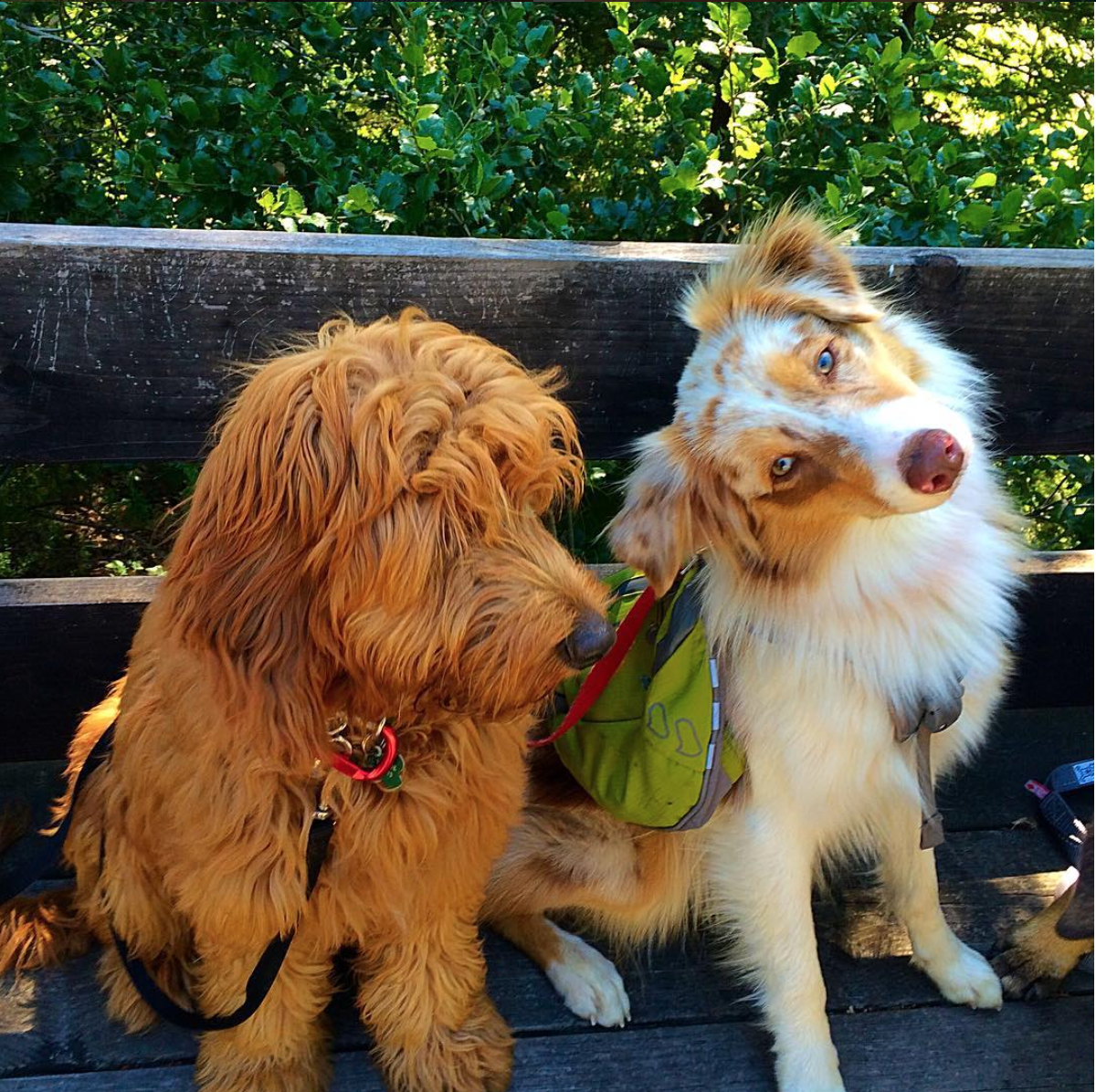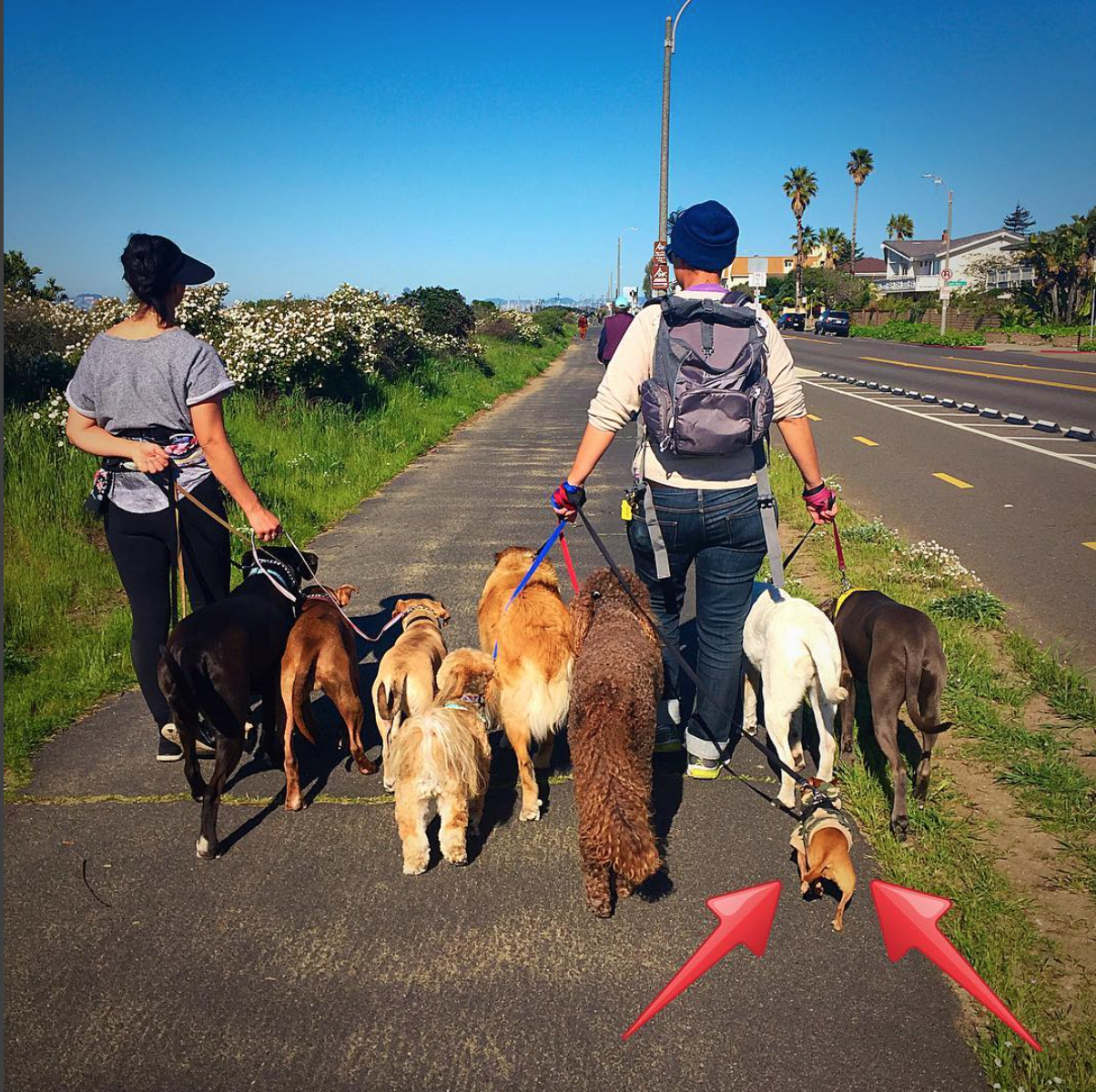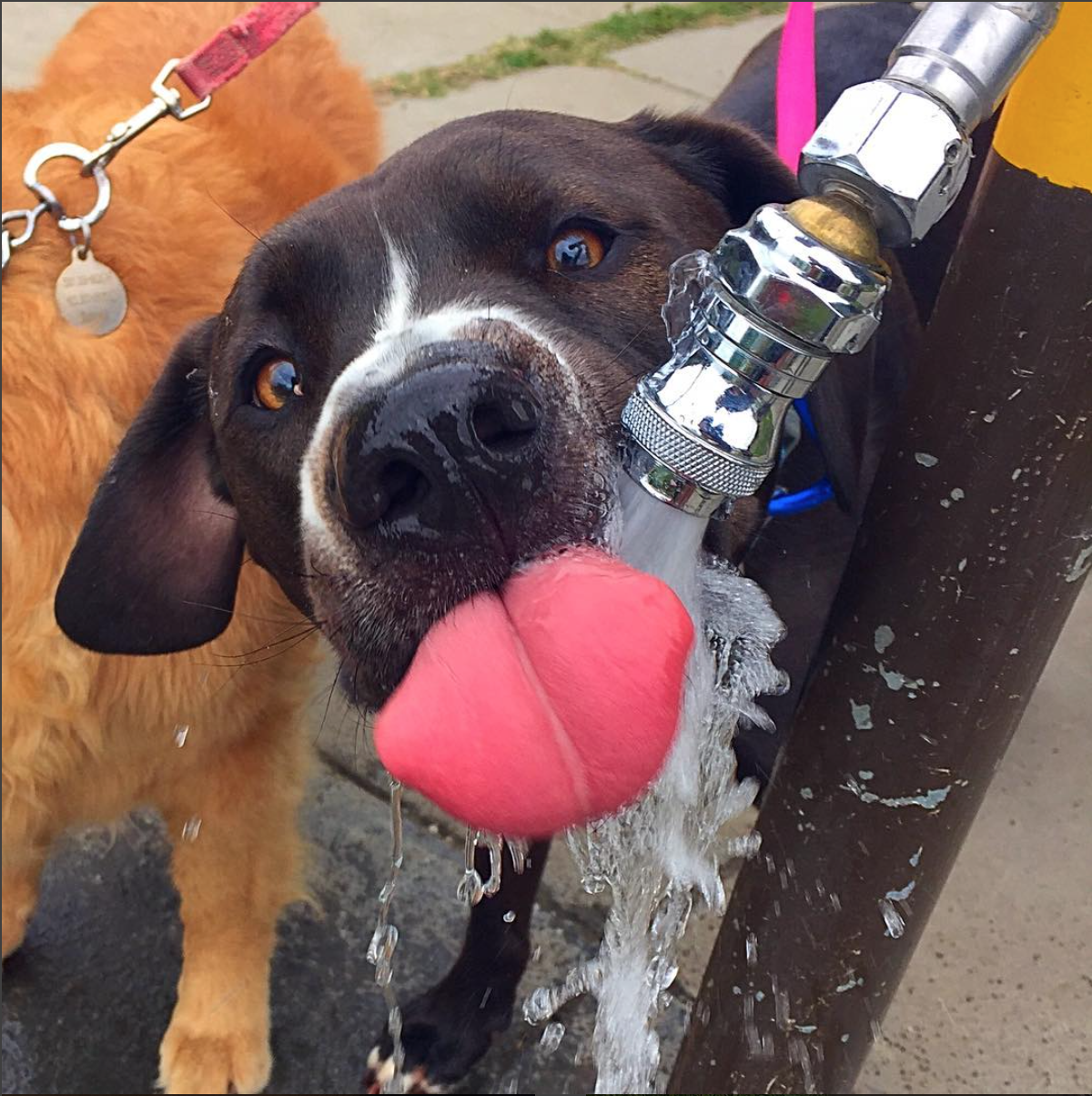FREQUENTLY ASKED QUESTIONS:
- What is our training philosophy?
We believe in balanced training, which to us means praise, reward and affection balanced with structure, discipline and correction. In essence, a clear yes and clear no! We strive to help our clients and their dogs by being flexible in our approach with each situation, teaching with a variety of tools and strategy, and striking a realistic compromise between training and common sense management.
- What do you mean by tools?
Tools are a way to help us communicate with our dogs. A leash is a tool, as is a crate, food, muzzle, prong collar, slip lead, remote collar, pet convincer spray (compressed air), gentle leader, tie-down, long line, baby gate or clicker. All of these tools have a purposeful design, and more importantly, a specific and appropriate way to be used. We want our clients (and us) to be as empowered as possible by having a wide variety of tools in their toolbox. Dogs, like humans, are individuals and may need different tools for different situations. For example, what you use to communicate on a walk on a quiet street may be very different than what you may need to use when someone knocks on your door. What we use on a packwalk may be different than what we might use one-on-one. We believe in being as flexible as possible to help each human and dog to do their best!
- What are appropriate ages for packwalks?
We generally like to have dogs be at least 6 months old to start working pack walks. The physical activity can be a lot for the average puppy to handle, especially while they’re doing so much developing. That being said, we have started a couple pups a little earlier than 6 months, based on their individual readiness. On the other end of the spectrum, we have many senior dogs who still are fit and healthy enough to walk with the pack, we’ve had dogs as old as 16! This too varies by individual dog, as some were ready to retire by age 8, some were active and vibrant for many more years. We always want to make sure we are doing what’s best for each dog as well as the pack.
- Can my small dog walk with big dogs?
Absolutely! Something we strive for is giving dogs a well-rounded experience and that includes learning to be calm and comfortable with a wide variety of packmates. We always maintain a nice spread of shapes and sizes, including dogs as small as 3 lbs to well over 100 lbs. For the safety and security of every new dog, introductions to the pack are slow and careful, making sure that everyone is comfortable and relaxed before sharing close space. As a general rule, no dog is ever allowed to crowd or corner another dog for any reason, and greetings are highly regulated. Very small dogs are often given a longer lighter leash to ensure that they are able to go at a reasonable pace for their tiny legs! As long as the dog is able to keep up with the pack, they are welcome!
- Will my dog get playtime during pack walks?
We always like to describe a structured walk as school, not recess. The point of our program is that we offer a unique format, which helps dogs to thrive, even ones with very poor dog skills. That being said, our walks absolutely are a social experience! While playtime is an important facet of socialization, we strive to help dogs with the other side of the social coin - calm co-existing. Dogs who do nothing but play have a harder time walking calmly past other dogs, sitting at a cafe, going to a dog-friendly store or event, or giving space to a dog who doesn’t want to engage. Moreover, dogs with poor social skills often can’t handle the excited/out of control energy of play. We have many dogs in our packs who cannot successfully go to a dog park, but are able to walk with a large pack of dogs everyday, expressly because everyone is calm and in control.
- Can my dog come for occasional drop-in walks?
We don’t offer drop-in walks or for occasional or short term dogs. Since we often work with more challenging dogs, introductions are slow and deliberate. Our program is designed for dogs who come multiple times a week every week, building trust and healthy relationships to help each dog grow and improve. We have found that the more often a dog comes, the more stable their behavior is and the more powerful the pack becomes!
- What is the process for joining a Working Walk pack?
To determine your dog’s readiness for packwalks, we first do a “meet and greet”, where we come to your home to meet you and your dog. We first do a short walk, just one-on-one, introducing ourselves and getting a sense of the dog’s basic leash skills. This is usually accomplished in about 10 minutes. We then bring out a few pack dogs to assess your dog’s capability to calmly walk next to other dogs. No one is allowed to pull towards or sniff each other yet, we ask for dogs to calmly not engage and just walk on either side of us. We can get a sense rather quickly of how best to introduce and integrate them into a pack. On some occasions, a dog may need a few private training sessions before they are ready to join us.



